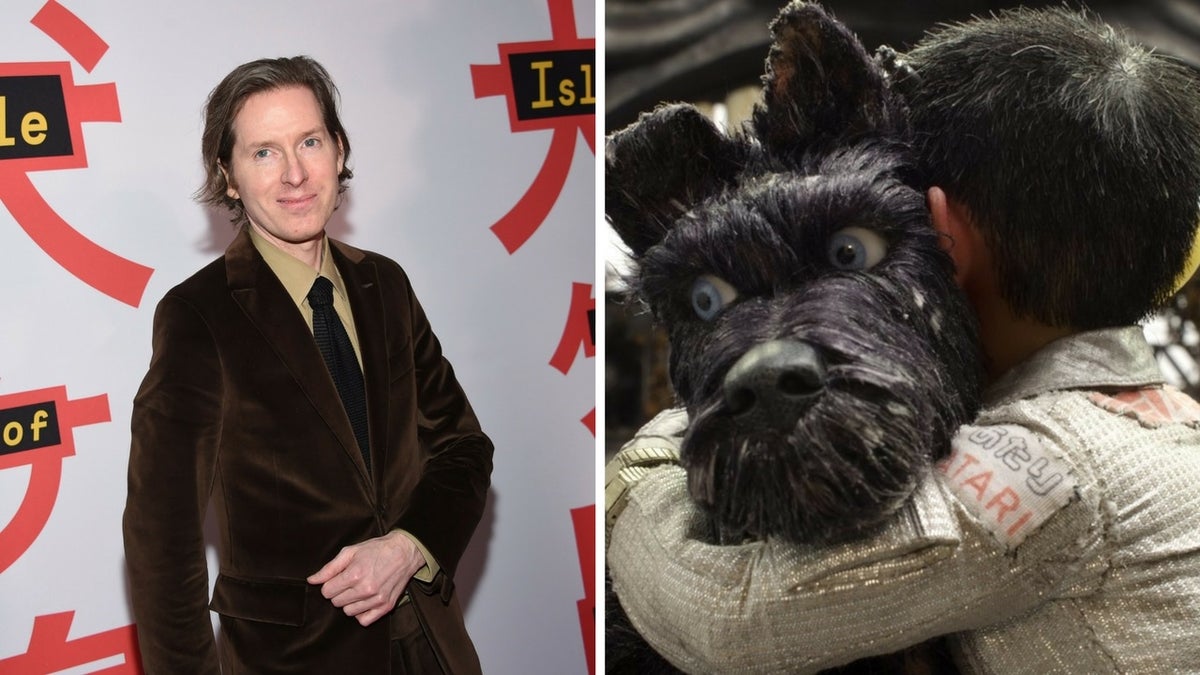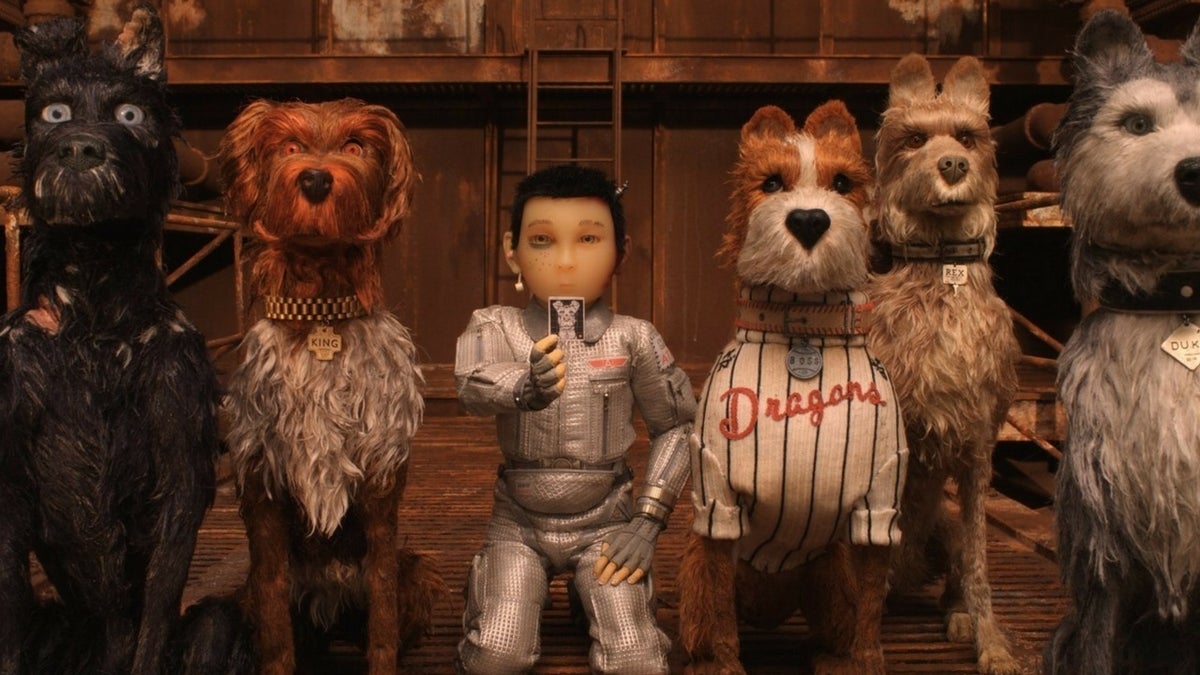
Critic suggests Wes Anderson’s “Isle of Dogs,” which is set in Japan, constitutes a "clueless failure of sensitivity." (AP)
Celebrated director Wes Anderson’s latest film “Isle of Dogs” has been accused of cultural appropriation by a film critic.
Justin Chang, who critiques movies for the Los Angeles Times, wrote the movie is “beautiful,” but “its cultural sensitivity gets lost in translation.”
“Bluntly put, does this white American filmmaker’s highly selective, idiosyncratic rendering of an East Asian society constitute a sincere act of homage, or a clueless failure of sensitivity?” Chang wrote.
The film is set in Japan 20 years in the future and follows a group of dogs that are exiled to “Trash Island” after a canine-borne disease breaks out in the country. The voices of the dogs include A-listers such as Edward Norton, Scarlett Johannsen, Bill Murray and Bryan Cranston.
OWEN WILSON CAUSES HOTEL EVACUATION, SETS OFF ALARM WITH CIGARETTE
Chang wrote the humans in the movie speak Japanese, but English subtitles are strangely omitted from the screen. However, the dogs speak English, which Chang found “ridiculous.”
“The dogs, for their part, all speak clear American English, which is ridiculous, charming and a little revealing,” he wrote. “You can understand why a writer as distinctive as Anderson wouldn’t want his droll way with the English language to get lost in translation. But all these coy linguistic layers amount to their own form of marginalization, effectively reducing the hapless, unsuspecting people of Megasaki [the film’s fictional Japanese city] to foreigners in their own city.”

The movie follows a group of dogs exiled from Japan after a disease breaks out. (AP)
Chang wrapped up the review by noting he understood the film was set in “Wes Anderson Land,” but “some parts are less fun than others, and what we see of it in ‘Isle of Dogs’ is finally ugly in ways beyond what even its maker could have intended.”
Following the review, which was published on Wednesday, Chang took to Twitter to clear up his analysis of the film.
"Bluntly put, does this white American filmmaker’s highly selective, idiosyncratic rendering of an East Asian society constitute a sincere act of homage, or a clueless failure of sensitivity?"
“My issue is not that Anderson set a film in Japan, but how he went about it.”
“My job is to assess what’s on the screen, not the intentions behind it, but since you asked, I don’t think Anderson’s were malicious,” he wrote. “My chief issue — the handling of language — feels like the result of a compromise, rather than blunt negligence or a desire to give offense.”
ZACH BRAFF’S NEW SHOW ‘ALEX, INC.’ IS LESS RISQUE THAN ‘SCRUBS:’ ‘IT’S MORE OF A FAMILY SHOW’
Chang’s co-worker Jen Yamato supported Chang’s review and thanked the writer for “devoting far more attention than most critics will to many of the willfully tone-deaf ways Wes Anderson appropriates and marginalizes Japanese culture and people in his so-called homage. It is ugly indeed.”
Other publications praised the film, including The New York Times and Rolling Stone. However, Vox said the film lacked depth and The Washington Post said the movie’s script “feels less like an organic whole than an effort to keep building up a scrawny central premise until it felt like a movie.”
The movie currently has a 97 percent rating on Rotten Tomatoes.






